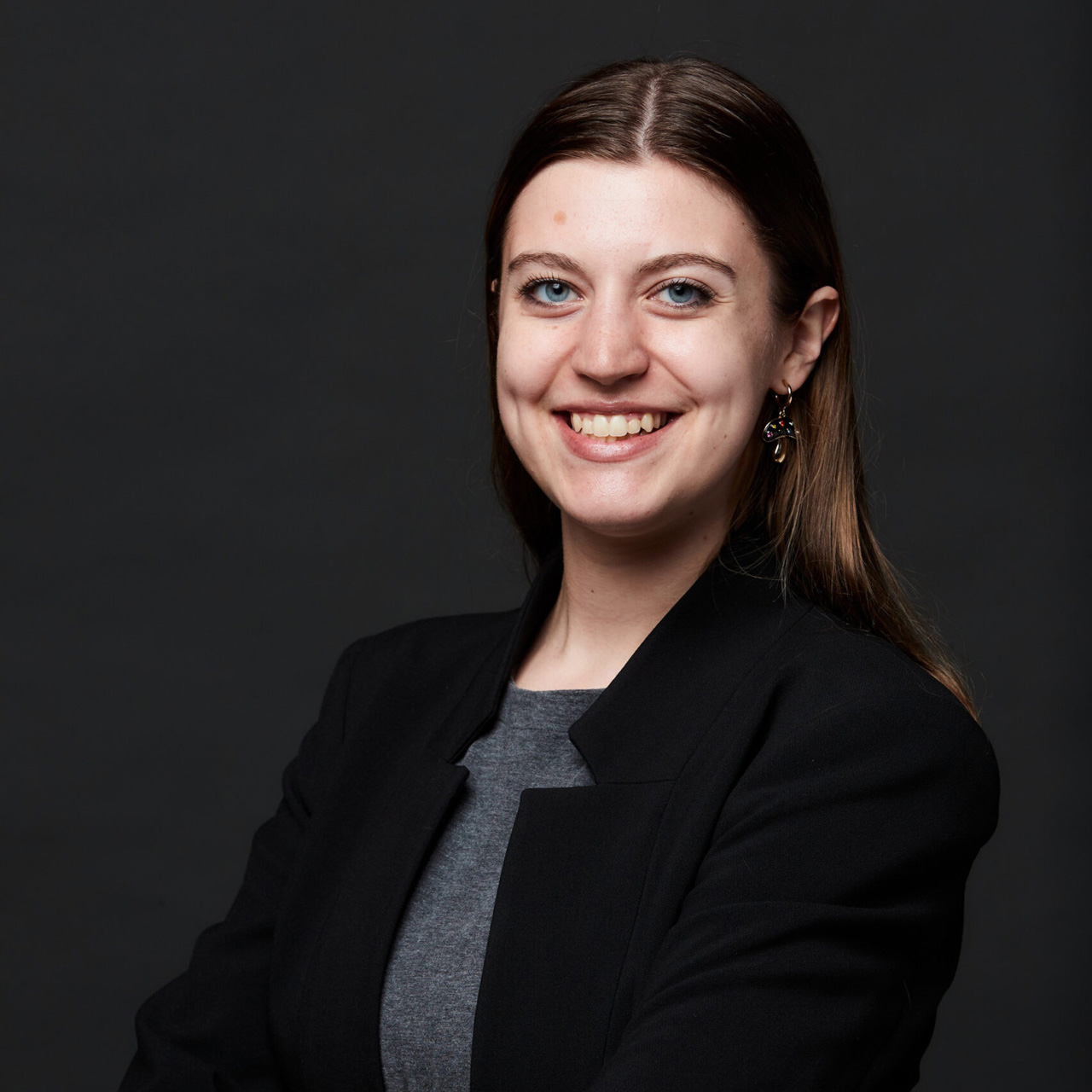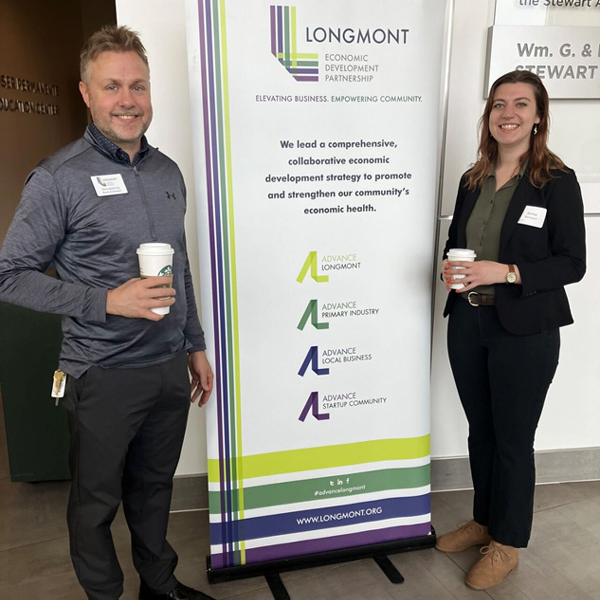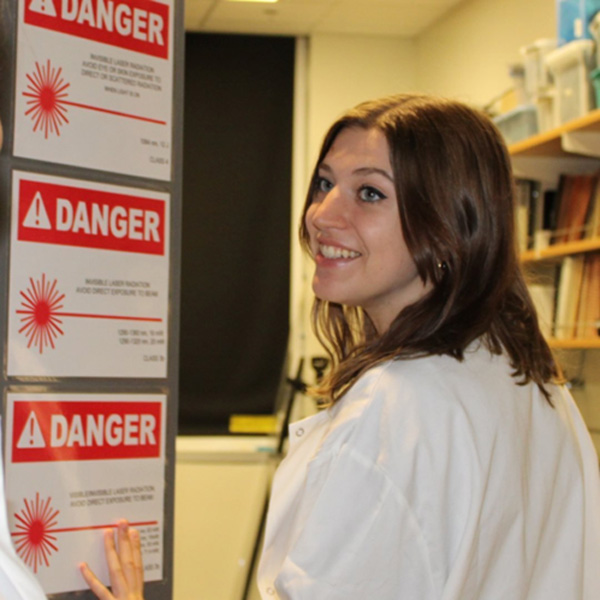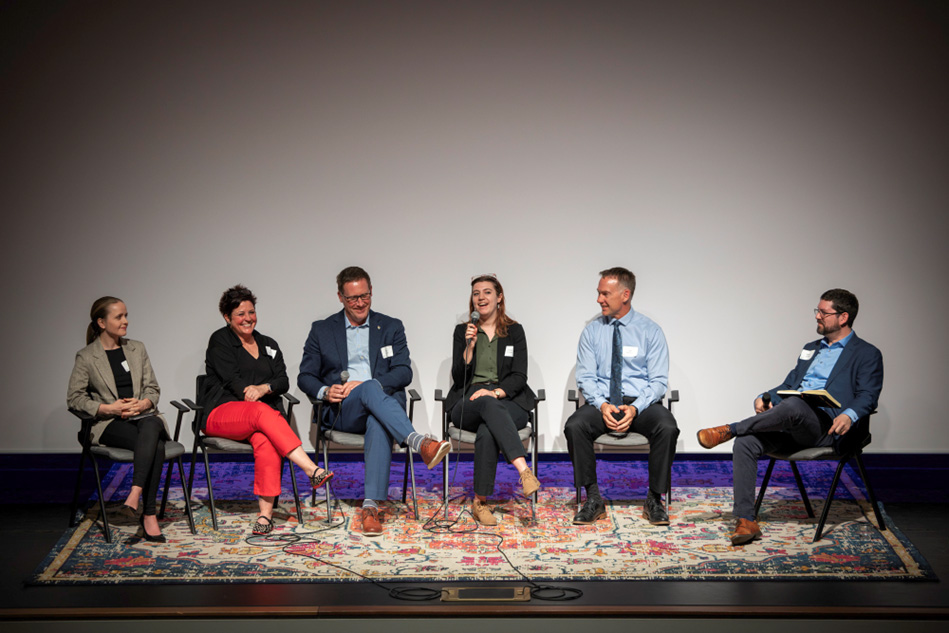For Dr. Jenna Montague, the journey into her chosen field didn’t begin with any lifelong dream. Instead, it was with the lure of free pizza in college. But her hunger for a tasty slice turned into an appetite for optics that’s shaped her life ever since.
“I was in the biomedical engineering undergrad at the University of Rochester and students were offered pizza if we’d sit and hear all about optics,” Montague says.
She was a freshman and she was hungry.
“They talked to us about how exciting optics is, and how challenging it could be. I was intrigued. And I learned that I could combine biomedical engineering and optics in a career that would help people. I wanted to do research in things that were mission-oriented and purpose-driven.”
Today, Montague is the director of the optics program at Front Range Community College (FRCC), where she is not only helping to inspire the next generation of technicians but also helping shape the field itself.

Jenna Montague, PhD, Director of FRCC’s Optics & Laser Technology program.

Jenna Montague, PhD, Director of FRCC’s Optics & Laser Technology program.
Montague’s research, centered around cancer diagnostics, led to a patent-pending innovation in multi-photon microscopy that miniaturizes this powerful imaging technology.
“My research has been mostly in cancer diagnostic research. I came up with a new way to simplify the technology. It’s still in the application phase, but getting that patent submitted as part of my thesis was a proud moment,” she says.
Montague’s passion for optics stems from its dual nature as both deeply technical and wonderfully poetic.
“Sometimes it feels like magic. Light is a wave, a photon, a ray—it’s all of those things and none of them. And yet we have math to describe it all in models. It’s science, but it’s so complex and creative.”
That awe continues to shape her perspective.
“Once you start studying optics, you see it everywhere. From road reflectors at night to rainbows,” she says.
Teaching with meaning
At FRCC, Montague has built a career rooted in purpose and community. Despite opportunities in industry designing camera systems or barcode scanners, she chose education.
“I’ve always been drawn to mentorship and outreach,” she says. “So when I heard about this role at Front Range, I was really excited about the opportunity to continue connecting with people, guiding them along in their career, helping people discover the field of optics, how cool it is,” she says.
Her work week is anything but routine. One day she’s in the lab guiding students through aligning a laser beam; the next, she’s attending a ribbon-cutting ceremony at a quantum computing lab in Boulder. Montague is also deeply involved in curriculum reform at the state level, advocating for programs that give students earlier and more meaningful access to optical systems. She recently developed and launched Colorado’s first Intro to Optics course informed by an intro to optics course taught by Alexis Vogt, PhD, tenured professor of optics and the endowed chair of the Optical Systems Technology program at Monroe Community College (MCC), and executive director of workforce and higher education at AmeriCOM.
“It’s a true survey course,” she says. “There’s nothing else like it in the state, not even at four-year universities.”

Montague and Chris McGilvray, dean of MACT (Manufacturing, Automotive, and Construction Technology) at FRCC, flank a banner promoting a nearby economic development organization.

Montague at University of Arizona Wyant College of Optical Sciences, where she served as a Graduate Student Researcher at Barton Lab from 2020 to 2024.
The draw of optics for students
Montague’s students, many of whom are changing careers, are drawn by the field’s intense precision and complexity, not to mention its financial promise. She’s playing a key role in preparing her students for the coming quantum technology wave. Montague notes new professional opportunities in the field such as Colorado’s Elevate Quantum, a designated Tech Hub, which is receiving more than $100 million in federal and state support and $1 billion in private capital.
“Optics is at the heart of all quantum work,” she says. “For instance, one of our industry partners in particular uses trapped-ion quibits to align quantum systems with laser beams, and that’s something our students already know how to do.”

Montague (third from right) speaks on a panel about the future and importance of quantum at the 2025 LEDP (Longmont Economic Development Partnership) summit.
Outside of the lab, Montague stays grounded through community activities. She plays kickball and considers herself a devoted foodie.
“In Colorado, every restaurant is either amazing or terrible,” she says with a chuckle.
Her friends describe her as smart, bubbly, creative, and kind. But above all, Montague is driven by a desire to make the invisible visible—not just in her field, but in the lives of the students she mentors.
“Optics isn’t just about seeing,” she says. “It’s about doing. And that’s what makes it so powerful.”